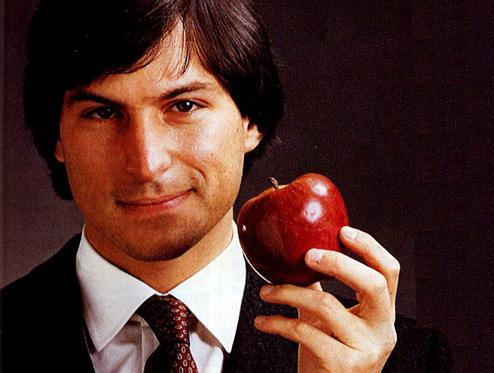
The iPod, iPhone and iPad are tantalizing devices that everyone wants to own. That is one way of looking at them. But it is also possible for us to look at them from the perspective of individualism, the philosophy that puts the individual above all those muck-racking dogmas, which preach so-called egalitarian utopia. Perhaps the most important element in the iPod, iPhone and iPad is not their cutting edge technology, or their stylish looks, or their successful marketing strategy, it is the suffix i.
i stands for individualism
Steve Jobs was an individualist. He did not see the Apple users as some kind of cult or mob. He saw them as proud individuals. He looked at them as individual men and women, and he came up with products that could be useful to them. The i in his devices is indicative of his individualism; in his own way Jobs was a champion of liberty. Even though the world knows him solely as a very successful entrepreneur, he has also made monumental contribution to the field of ideas.
The iPhone might not have been as successful had it been named wePhone. An i sounds much more pleasing than a we because i caters to the rational mind of an individual, whereas we has all the connotations of an unthinking mob.
Steve Jobs was the ultimate hero of capitalism. He conceived of having a computer on every desk way back in 1976, when even the most prosperous businesses, research institutions and govt. entities found it difficult to own one. The first computer that he created, along with his partner, Steve Wozniak, was built in their garage and marketed from their bedroom. He went on to bring about a cultural revolution through his landmark innovations in the fields of computing, movie making, music, communications, etc.
The world changers
In many ways Steve Jobs is like Howard Roark, the protagonist in Ayn Rands timeless classic, The Fountainhead. A demanding, mercurial perfectionist, Jobs had a remarkable ability of recognising brilliant individuals and making them work for him. There is a famous story that in 1983 Jobs lured John Sculley away from Pepsi-Cola to serve as Apple's CEO, by asking, Do you want to sell sugar water for the rest of your life, or do you want to come with me and change the world?
This one liner that Jobs challenged John Sculley with in 1983 is evocative of the individualistic ethos that inspired him in life. Jobs really believed that an individual is capable of changing the world. You dont need to be a leader of the mob in order to bring a good set of changes to the society. All you need is integrity to stick to the perfectionist ideal. Steve Jobs was able to create such landmark products, because he never compromised with his personal idea of perfection.
Steve Jobs was selfish to the core of his being, in the sense that he would not compromise on a single idea that he had conceived. He actually never believed in teams or groups or collaboration. According to Apple co-founder Steve Wozniak, He [Jobs] was never driven by a vision of a better world; he was driven by a vision of himself as a person whose decisions guide the world. He wanted to build a device that moved the world forward, that would take people further. He wanted to build a reality that wasnt there. He wanted to be one of the important ones. He either likes what hes looking at or he doesnt. Hes not concerned with what contribution hes making. He wants to astound himself, for himself.
In the famous address that Steve Jobs gave to students at Stanford University, he said, Your time is limited, so don't waste it living someone else's life. Don't be trapped by dogmawhich is living with the results of other people's thinking. Don't let the noise of others' opinions drown out your own inner voice. And most important, have the courage to follow your heart and intuition.

 In
In
Add new comment